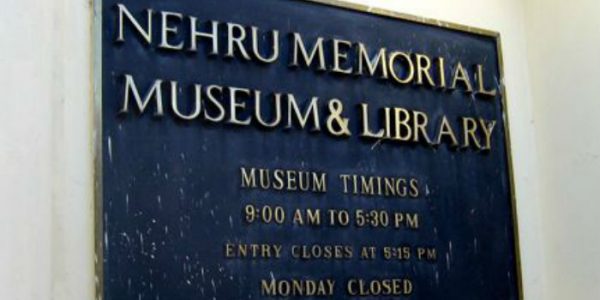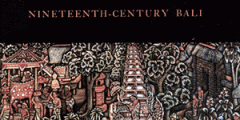The Nehru Memorial Museum and Library, New Delhi
March 1, 2017
Undertaking historical research in India presents the researcher with a more broadly familiar set of dilemmas: oral or archival history; popular or elite; published materials, commercial products, popular objects and social movements, or official documents, state repositories and the archive of power? These are, of course, false distinctions; the popular press tells us much about …
Reading Group: Performance and the Senses
February 1, 2017
Craggs R (2014) Postcolonial geographies, decolonization, and the performance of geopolitics at Commonwealth conferences Singapore Journal of Tropical Geography 35, 39-55 Geertz, C. (1980). Negara: The theatre state in nineteenth-century Bali. Princeton, N.J: Princeton University Press. Paterson, M (2009) Haptic geographies: ethnography, haptic knowledges and sensuous dispositions Progress in Human Geography 33, 766-788 This …
Call for papers: Anti-colonialism and the Spaces of Political Negotiation
January 20, 2017
Anti-Colonialism and the Spaces of Political Negotiation Dr. Jake Hodder and Prof. Stephen Legg, University of Nottingham Two sessions at the RGS-IBG Annual Conference (29 August – 1 September 2017): Chair’s theme “Decolonising geographical knowledges: opening geography out to the world” Co-sponsored by the Historical Geography Research Group and Political Geography Research Group One form of …
The National Archives of India
January 1, 2017
The National Archives of India in New Delhi, like the British National Archives at Kew in London, turn government into History. Minutes, memoranda, laws, reports, and inter-governmental circulars, designed solely for the purpose of colonial bureaucracy, now become the stuff of history making; a dauntingly huge Imperial Archive. A substantial body of scholarship exists on …





Recent Comments